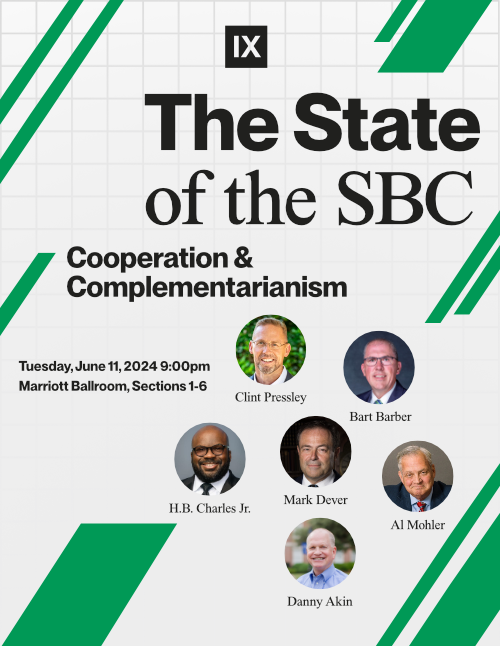
9Marks Journal: Immigrant Church (88期:移民教会)
Many immigrant churches are in a state of “divorce”: English ministries are splitting off from immigrant churches and starting their own churches because the pastors of English ministries feel ignored and suppressed, while the senior pastors of immigrant churches feel not included, not respected, and misunderstood. Second-generation immigrants feel justified in their decisions as they leave the churches that spiritually nurtured them, while aging first-generation Christians see their children grow up. This tension is universal. Asians, Latinos, Romanians, and many other immigrant groups face the same dilemma.
How do immigrant churches respond to this tornado of cultural division? While division in the church has caused much harm, it also presents an opportunity for us to explore together what the church is and how it should be governed.
In this issue of the journal, a number of immigrant church leaders share their biblical thinking and practices in the process of pastoring and governing churches. We look forward to the day when all tribes and all peoples can worship the Lord together. But until then, immigrant churches will continue to have a place, preaching the gospel in the heart language of their target people.
許多移民教會正處於「離婚」狀態中:英文事工從移民教會中分裂出來,建立了自己的教會,因爲英文事工的牧師感到被忽視和被壓制,而移民教會的主任牧師則感到不被尊重和遭到誤解。移民第二代中的基督徒在離開那些屬靈上哺育了他們的教會時,認爲自己所做的決定是正當的,而年邁的的第一代基督徒在看到他們的孩子長大成人時,則感到一種疲倦和失意。這種張力是普遍的。亞裔、拉丁裔、羅馬尼亞裔,以及許多其他移民族群,都面臨著相同的困境。
移民教會如何應對這種文化分裂的龍捲風?當教會的分裂造成了很多傷害時,它也帶來了一個機會:我們應該就教會是什麼,以及應該如何治理教會進行共同探索。
本期期刊,由多位移民教會的帶領者分享他們在牧養、治理教會過程中,基於聖經的思考及實踐。我們期待有一天,所有部落、所有民族都能共同敬拜主。但在那之前,移民教會將繼續有一席之地,用其目標人群的心靈語言傳揚福音。





